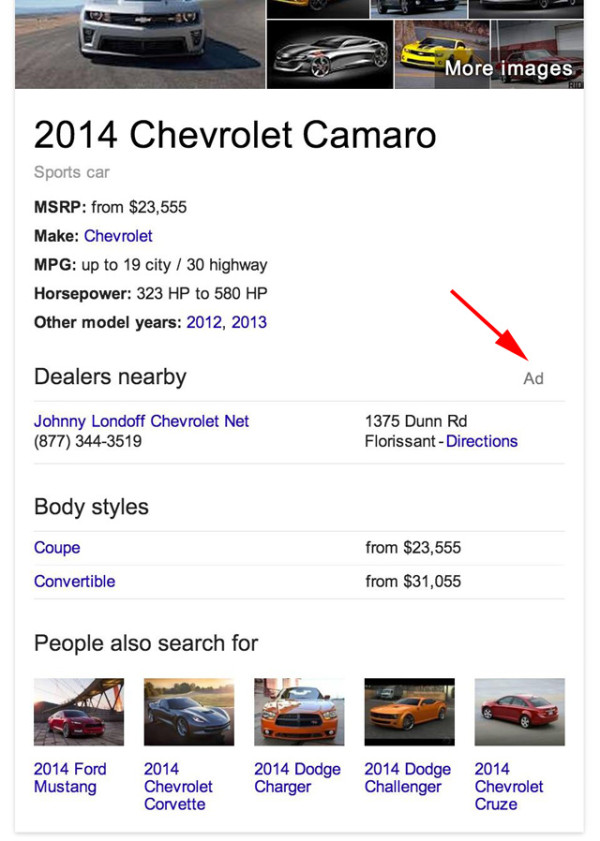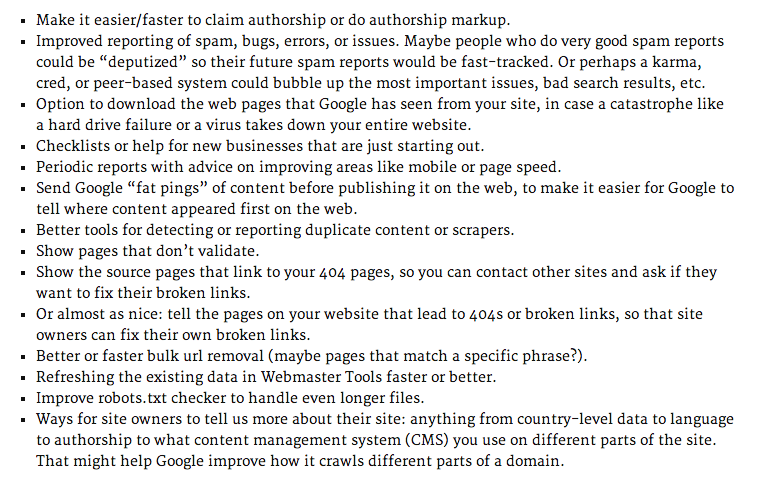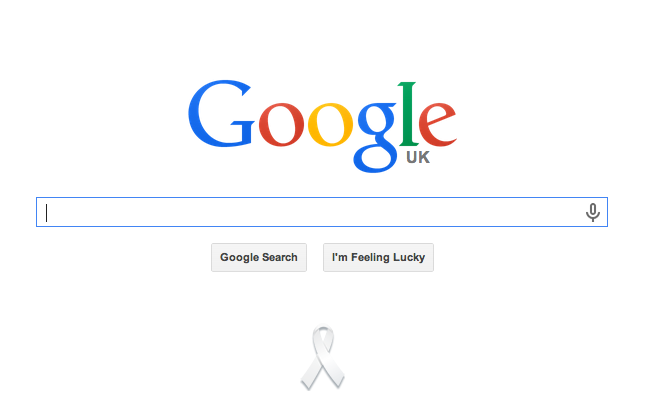 Whenever SEOs gather for a chat, whether it be at a conference or, if we’re particularly lucky, a pub, you cannot escape the conversation without the pros, cons, reasons and rhymes for and against the use of meta tags.
Whenever SEOs gather for a chat, whether it be at a conference or, if we’re particularly lucky, a pub, you cannot escape the conversation without the pros, cons, reasons and rhymes for and against the use of meta tags.
The meta keywords attribute discussion has died down a fair bit with the universal opinion being: You do not need meta keywords tags and they’re a complete waste of time.
The other opinion, widely panned by observers of the first opinion, is that you do need them. Reason being: You don’t need skirting boards in a house, they do however mark the bottom of the wall, which is obvious. Yet it’s rare you come across a house without skirting boards in . In effect, it’s better to have it an not need it than need it and not have it.
Even though Google have said they don’t use the meta keywords tag for ranking, it’s still nice to have it there for structure etc.
The Meta Description tag however, is much more open to debate. Everyone agrees that you need them. Everyone agrees they should be unique. But not everyone agrees you should have them on every page.
Naturally you should add them to any important pages. But for all other pages on your website, should you have a unique meta description? A default one? Well, the question was put to Matt Cutts in the following:
“Is it necessary for every page to have a meta description?”
Matt’s answer below:
As you can see, there are some definitive answers there. First of all, no duplicates. Matt made that much clear, each meta description should be unique if present. Secondly, it’s better to have no meta description at all than a duplicate.
Finally, although you may have an auto generated snippet acting as your meta descriptions, which ensures unique content, if it doesn’t read well then you should re-write it manually. You have to put the user first here and make sure you’re helping them as much as possible by adding correct, legible content on your site.
Blog Post by Greg McVey












